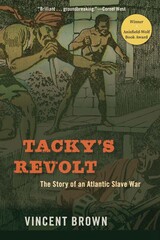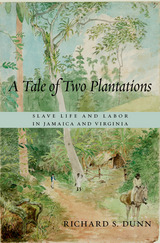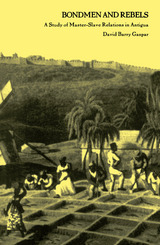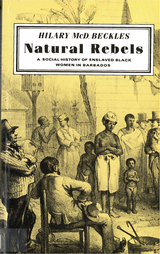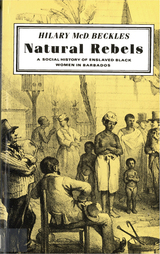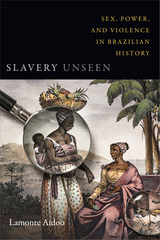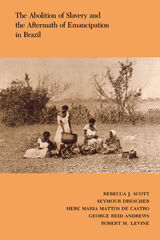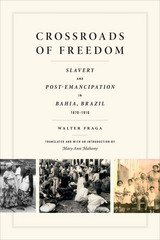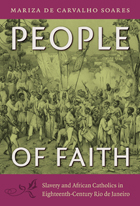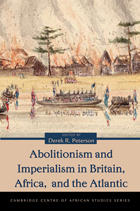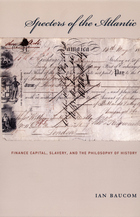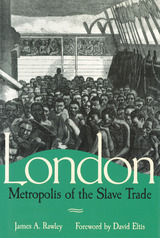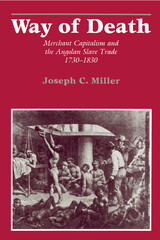Paper: 978-0-252-06549-1 | Cloth: 978-0-252-01874-9
Library of Congress Classification HT1126.S39 1992
Dewey Decimal Classification 306.3620981
Once preoccupied with Brazilian slavery as an economic system, historians shifted their attention to examine the nature of life and community among enslaved people. Stuart B. Schwartz looks at this change while explaining why historians must continue to place their ethnographic approach in the context of enslavement as an oppressive social and economic system. Schwartz demonstrates the complexity of the system by reconsidering work, resistance, kinship, and relations between enslaved persons and peasants. As he shows, enslaved people played a role in shaping not only their lives but Brazil’s institutionalized system of slavery by using their own actions and attitudes to place limits on slaveholders.
A bold analysis of changing ideas in the field, Slaves, Peasants, and Rebels provides insights on how the shifting power relationship between enslaved people and slaveholders reshaped the contours of Brazilian society.
See other books on: Brazil | Peasants | Rebels | Schwartz, Stuart B. | Slaves
See other titles from University of Illinois Press

